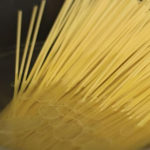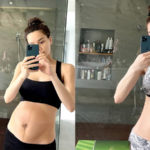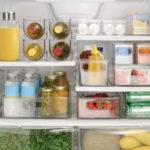Not everything you buy with money actually buys you benefits. Sometimes you lose money and make your life less healthy at the same time. That is because there are things that simply cater to the unhealthy appetites of people. When you want to save money and make your life healthier, there are some things you should avoid buying, according to people who have “been there and done that”.
Avoid buying clothes, and don’t fall for sales
You will eventually learn, if you haven’t already, that it is better to buy fewer, higher quality pieces of clothing than to buy lots of cheap things. This means being more selective about the clothes that you buy and avoiding impulse buys and sales. Especially avoid clicking on online clothing ads, and don’t be afraid to return things if they don’t actually flatter you.
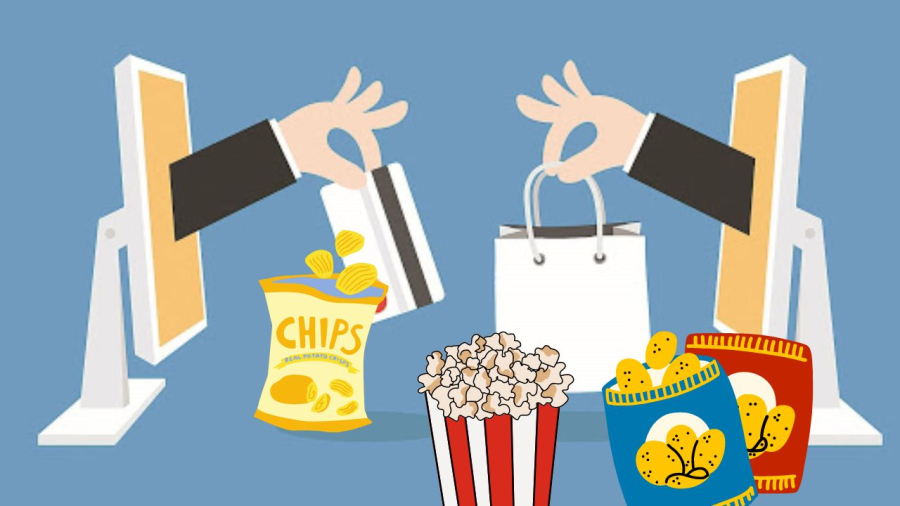
Buying snacks is a waste of money and bad for your health
Don’t buy unnecessary decorations for your home
It is easy to fall prey to consumerism these days. Just because something looks nice online doesn’t mean it will look nice in your home. Think carefully about what you buy, but err on the side of buying plants rather than tchotchkes.
Take stock of your beauty products, and buy less
You probably only really need a few basic cosmetics, so don’t buy dozens of cheap knock-offs. Invest in higher quality products that will actually do what you need them to do.
Snacks are a waste of money and bad for your health
Snacking may satisfy a craving, but it does not provide much in the way of actual nutrition, and it can lead to weight gain. When you are grocery shopping or ordering online, avoid browsing the snack aisles altogether. You won’t miss them if you don’t buy them, and you will be eating healthier if you do.
Think twice before buying any kitchen appliances
Don’t buy that breadmaker or air fryer just because it looks cool. Consider how often you will actually use it, and whether you actually need it. Sleep on it for a few days, and see if you still want it. If you do, make sure it is something you will actually get a lot of use out of, and not just something that will end up gathering dust.
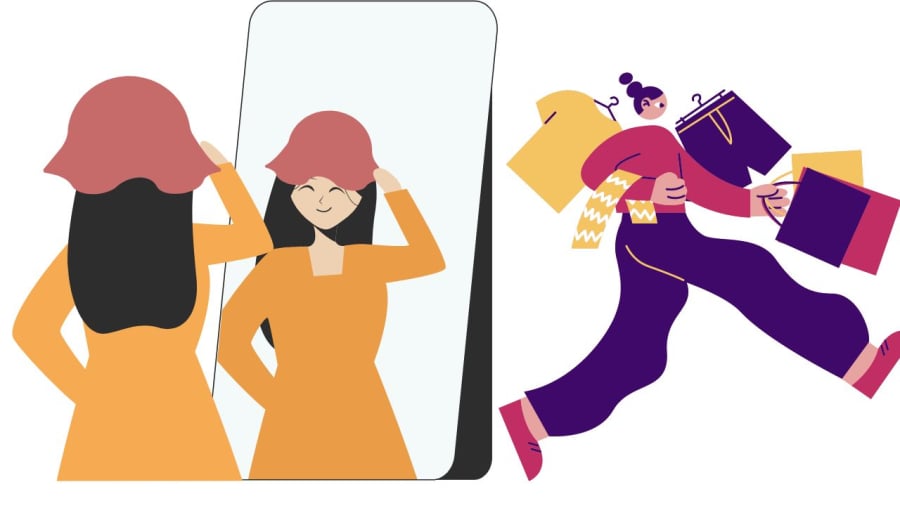
Having too many clothes is expensive and space-consuming
Avoid single-use products
Single-use products may be convenient for when you are traveling, but don’t start using them for everyday household activities They are not as safe or effective, and they end up costing more money in the long run because you have to keep buying them.
Don’t buy books unless you are sure you will read them
Only buy books if you know you have the time and discipline to read them. There is so much great information available online these days, so make sure you will actually get around to reading a book before you buy it. Don’t just buy them because they look good on your shelves.
Don’t buy shoes that you don’t need
Just like with clothes, it is better to buy a few pairs of high-quality shoes that go with your style than to buy a bunch of trendy shoes that you will only wear a few times.
Don’t buy too many dishes and cookware
You may think that having a variety of dishes will make your meals more exciting, but the truth is, having too many dishes can actually make your life more cluttered and stressful.
Avoid buying too many food ingredients
When you buy too much food, you end up eating more frozen and processed meals out of convenience, which is not as healthy or tasty. Don’t fall for bulk discounts or sales, and only buy what you need to get by.
- Kitchen appliances: Think twice before buying that cool-looking bread maker or air fryer. Consider whether you’ll actually use it regularly and if it’s a necessary addition to your kitchen.
- Single-use products: While convenient for travel, single-use items are less safe and effective, and they end up costing more in the long run.
- Books: Only buy books if you’re committed to reading them. With so much information available online, ensure you have the time and discipline to read a book before purchasing it.
- Shoes: Similar to clothing, opt for a few high-quality, versatile pairs of shoes instead of trendy styles that you’ll rarely wear.
- Dishes and cookware: Having too many options can lead to a cluttered and stressful kitchen. Only buy what you need and will actually use.
- Food ingredients: Avoid buying too much food, as it can lead to a reliance on frozen and processed meals. Only buy what you need for the week to ensure freshness and reduce waste.
























